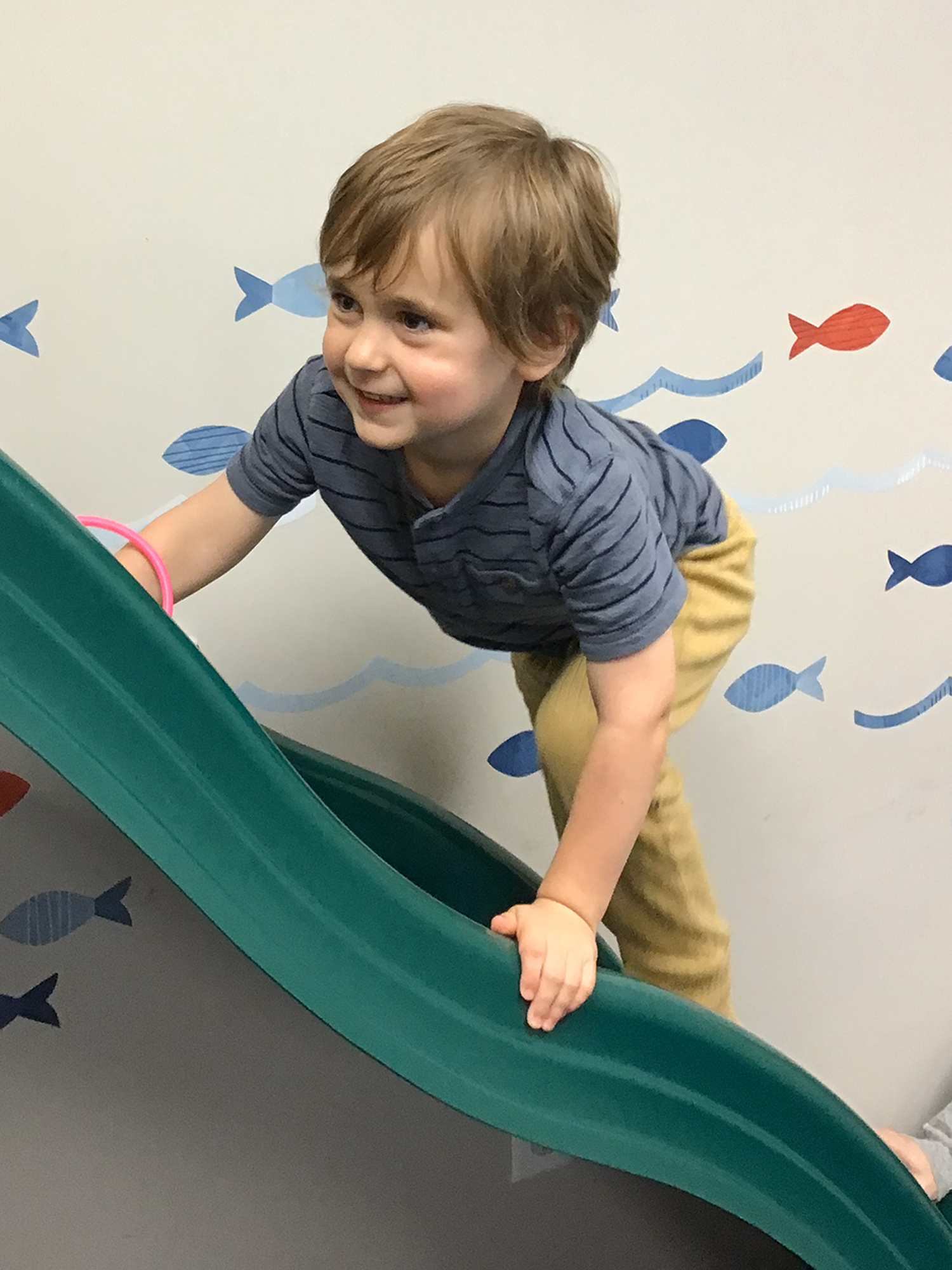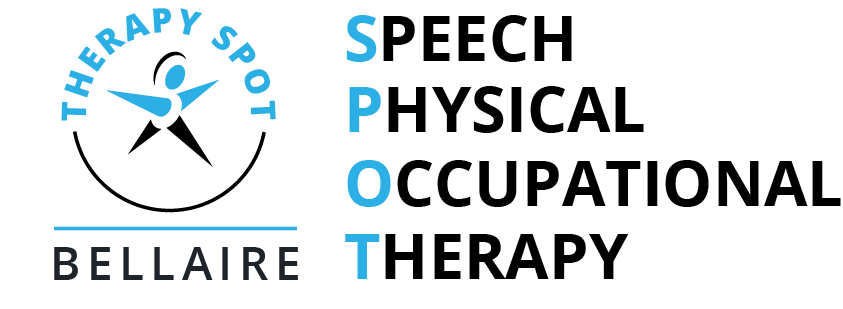Our Mission. Our Passion. Our Expertise.
Here at Therapy SPOT – Bellaire our mission is to help children and their families participate in daily activities through play, sensory integrative techniques, therapeutic activities, manual therapy, neuromuscular re-education, and therapeutic exercise.
We are passionate about having our patients experience the exhilarating beauty of growth and success. We also place a strong focus on providing parent and caregiver training to establish the most effective home programs and make sure that our parents fully understand the depth and breadth of ways to address their child’s therapy needs. We provide school/teacher consultations and training for classroom carryover of therapy-related recommendations.
We are committed to providing our patients with the highest level of care, compassion, and understanding. Our therapy approach is research-based, using cutting-edge techniques and the most up to date methods in the field. Our team of highly-trained therapists has significant experience working across all areas of pediatrics including inpatient, outpatient, school-based, hospital-based, and early intervention, as well as on feeding and autism teams.

Frequently Asked Questions
What is the difference between OT and PT?
What can I expect at an evaluation?
We begin our therapy process with an evaluation. The evaluation lasts approximately 45-60 minutes. It includes a caregiver interview, standardized testing, and clinical observation. We then develop a plan of care together with the caregiver, determining specific goals that are most appropriate for the child and his/her functional and developmental needs.
What can I expect at a treatment session?
Treatment sessions are approximately 45 minutes long but can be customized to the needs of your child. Your therapist will work with you to determine which exercises and activities will keep your child engaged, active, and working towards his/her goals. Children will participate in developmentally appropriate activities that will maintain their attention and make therapy fun.
What kind of challenges does therapy address?
Pediatric therapy addresses the needs of children to improve their functional participation in age appropriate activities and movement patterns. Some diagnoses that we address include: autism spectrum disorder, gross and fine motor delays, sensory processing challenges, behavioral difficulties, genetic disorders, Down’s Syndrome, brain tumors, traumatic brain injury, cancer, high and low muscle tone, cerebral palsy, spinal cord injury, ADHD, concussions, seizures, developmental delay, torticollis, lip/tongue ties, idiopathic toe walking, sports injury, and orthopedic injuries.
What is the role of a parent in the therapeutic process?
Parents and caregivers know their children best! We consider parents/caregivers to be our most significant partners in therapy. We always encourage parents to join therapy sessions to watch and participate in their child’s care. It is so impactful for parents/caregivers to observe their child’s successes in the moment and increase their understanding of which activities are being performed and why. This also enables parents/caregivers to skillfully and easily participate in the therapist recommended home program. This facilitates the most seamless carryover of therapeutic skills to be performed in the home environment.
Which ADLs should my child be able to do?
Activities of Daily Living (ADLs) change based on age and stage. They include: toileting, feeding, dressing, manipulating fasteners, bathing, grooming, shoe tying, tool/cutlery use.
The most important and significant ADL for children is PLAY!! Play may be challenged due to physical limitations, strength, coordination, motor planning, or sensory processing. Play is the most effective research-proven way to address improving these underlying factors, impacting the way that the brain and nervous system process information.
